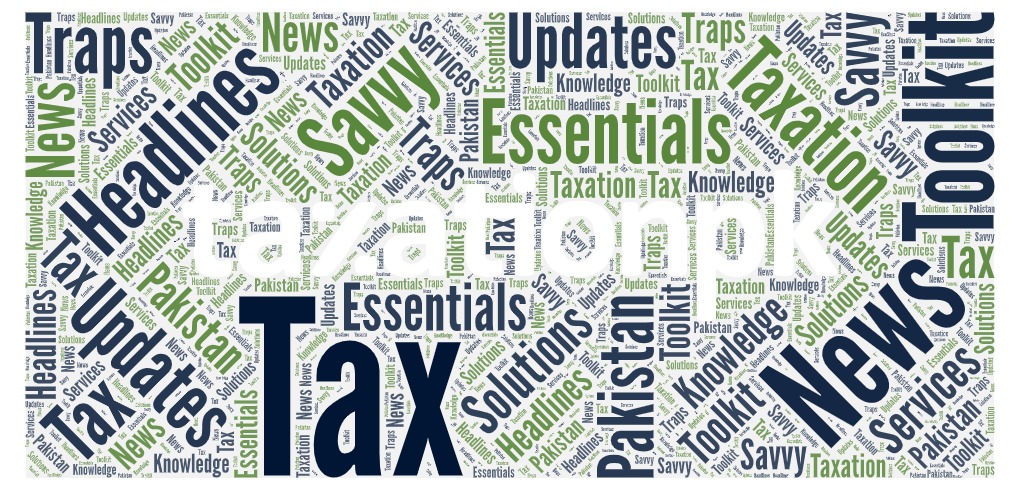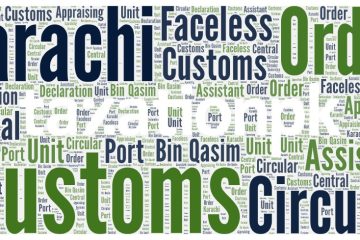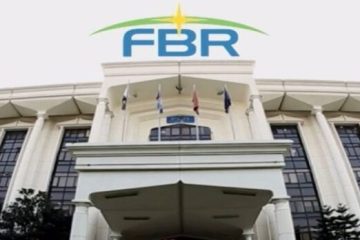The Federation of Pakistan Chambers of Commerce and Industry (FPCCI) is calling for the abolition of the “further tax” in the upcoming 2024-25 budget. This levy, introduced in 2013, is seen as a burden on businesses and a barrier to effective tax collection.
The “Further Tax”: A Controversial Levy
- Re-introduced in 2013: Subsection (1A) of section 3 of the Sales Tax Act, 1990, re-imposed the “further tax” with the aim of discouraging sales to unregistered persons.
- Rate Increases Over Time: Initially low, the tax rate has risen steadily, reaching 4% in 2023.
- FPCCI’s Argument: Despite its purpose, the further tax has not significantly increased the number of registered taxpayers and has instead created distortions in the market.
Issues with the Current “Further Tax” Structure
The FPCCI highlights several negative consequences of the further tax:
- Heavy Burden on Businesses: The 4% tax on top of the existing 18% sales tax creates a significant financial strain for businesses.
- Disincentive for Registration: High tax rates discourage businesses from registering for sales tax, leading to a loss of potential revenue.
- Financial Strain on Suppliers: Unregistered buyers often refuse to pay the further tax, leaving suppliers to bear the cost.
- Fueling Tax Evasion: The high tax rate incentivizes some suppliers to issue “flying invoices” (fictitious sales to registered persons) to claim input tax or refunds, causing revenue loss for the government.
- Underreporting of Sales: To avoid the tax burden, some suppliers may underreport the value of sales to unregistered buyers.
FPCCI’s Recommendations:
- Abolish the Further Tax: Removing this levy can alleviate the burden on compliant businesses and encourage more registrations.
- Utilize Existing Data: The FPCCI suggests the FBR leverage data to identify and register unregistered businesses already involved in taxable activities.
Expected Benefits of Abolishing the Further Tax:
- Reduced Burden on Businesses: Compliance costs would decrease, potentially leading to economic growth.
- Improved Tax Compliance: A simpler tax structure could encourage more businesses to register and comply with regulations.
- Increased Revenue Collection: With a broader tax base and reduced evasion practices, overall tax revenue could rise.
The FPCCI’s proposal aims to create a more equitable and efficient tax system in Pakistan. By removing the “further tax” and focusing on registering currently unregistered businesses, the government can create a win-win situation for both businesses and the national treasury.







